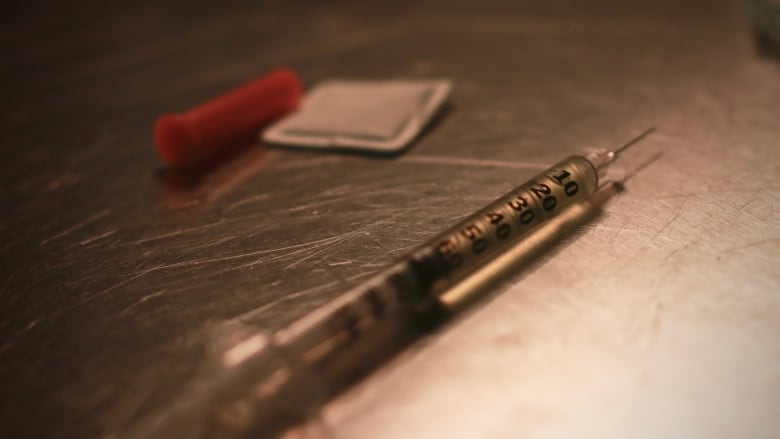'This is a health issue, not a moral issue': Addictions Minister Judy Darcy on the opioid crisis
Darcy says people need to be alive in order to have a pathway to hope

Last year, 1,489 people died from suspected illicit drug overdose deaths across British Columbia, an increase of 67 people from 2017's total of 1,422.
In 2009, the illicit drug overdose death total in B.C. was 204.
This health emergency continues to grow despite increased funding and efforts from the provincial government.
On the Coast host Gloria Macarenko spoke with B.C.'s Minister of Mental Health and Addictions Judy Darcy and asked if these efforts are enough.

This interview has been edited for clarity.
Is the fact that we're in an official emergency reflected in this province?
We can just never lose sight of the fact that every single one of these lives lost is a family lost and a family devastated. We must never lose sight of that compassion.
We have been escalating our response literally every month, every week, every single day.
We are continuing to pour it on and we are we are continuing to explore innovative solutions. We will do that until we turn the corner on this terrible crisis.
The numbers of deaths keep rising. Does this feel like an emergency in this province today?
It is an emergency. And I think we are leading the country in our overdose response.
If it were not for fentanyl poisoning of the drug supply, we would have had about 300 deaths, still unacceptably high, but that would be the number that we've more or less seen over a decade of drug overdoses not related to fentanyl.
But we are seeing every month more lethal fentanyl and carfentanil.
Our major focus is finding new tools to connect people to health care treatment and to connect them to safe alternatives.
We need to recognize as a province that this is a health issue, it's not a moral issue, and we need to treat it that way.
None of these deaths took place at a supervised consumption site. Could the government increase funding to first responder programs and safe injection sites?
We have more than doubled the number of safe consumption and overdose prevention sites. Some communities have mobile overdose prevention sites.
We really need to integrate addiction treatment into our entire health care system, meaning every doctor's office. This needs to become a daily part of what we deliver in health care so that we can really expand the reach of these programs and save people's lives.
And to people who question the need for harm reduction, I say 'people need to be alive in order to have a pathway to hope.'
Would the province consider a regulated drug supply?
There are pilot projects to that effect. There is already one happening in Vancouver. And if the evidence shows this works, then we will scale that up.
We need to ensure that these solutions are based on evidence and that they don't do unintentional harm.
Do you sometimes feel you're fighting a losing battle?
It's an uphill battle. We haven't experienced anything like this in this province or in this country, frankly.
You can listen to the full interview below;